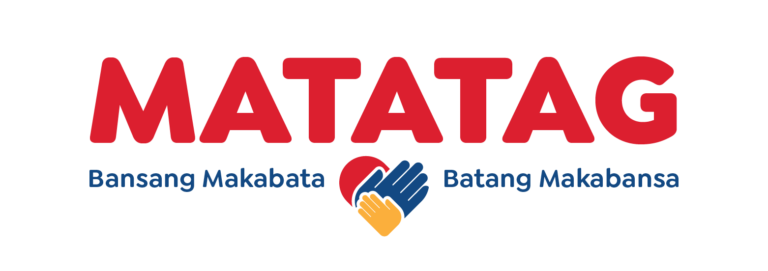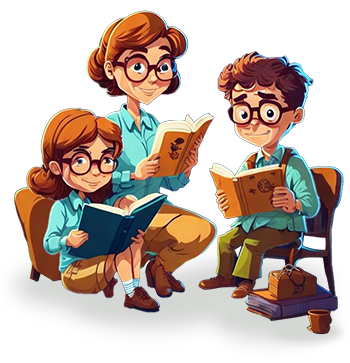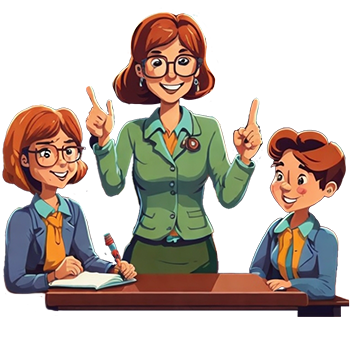
Download the MATATAG GMRC and VE Curriculum Here
Good Manners and Right Conduct (GMRC) and Values Education (VE) are core subjects in the K to 12 Basic Education Program as mandated by Republic Act No. 11476, also known as the GMRC and Values Education Act. GMRC refers to specific and accepted social values, etiquette, and proper behavior that demonstrate respect for others. On the other hand, VE focuses on the internalization of values in students, aiming to teach ethical principles, the ability to act based on these principles, and the disposition to do so.
GMRC is taught to students from Grades 1 to 6 as a core subject and is also integrated into Kindergarten. VE, on the other hand, is taught to students from Grades 7 to 10 as a core subject and is integrated with GMRC teaching at these levels. The time allotment for these subjects is similar to other core subjects (Section 4, RA 11476).
A. Goals of GMRC and VE
The primary goal of GMRC and VE is to shape Filipino youth who make responsible decisions, act with proper conduct and a preference for goodness, and live with love for God, self, family, fellow citizens, nature, country, and the world towards the common good.
B. Curriculum Foundations
The curriculum development is guided by legal foundations, needs, philosophical foundations, and theoretical frameworks.
Legal Foundations:
The curriculum for GMRC and VE is based on the 1987 Constitution of the Philippines, Republic Act 11476 (GMRC and Values Education Act of 2020), and the Philippine Development Plan.
The 1987 Constitution of the Philippines (Article XIV, Section 3, No. 2) mandates the following: love of country and nationalism, respect for human rights, valuing the role of national heroes in historical development, teaching citizenship rights and duties, fostering ethical and spiritual values, cultivating moral character and personal discipline, promoting critical and creative thinking, expanding scientific and technological knowledge, and promoting vocational efficiency.
Republic Act 11476, signed into law on June 25, 2020, directs the Department of Education to include GMRC and VE as subjects in basic education. Its aim is to develop the values needed by Filipino children and youth for lifelong learning and employment, the two primary outcomes of the K to 12 Program.
Needs:
The needs and characteristics of Filipino children and youth encompass their cognitive, socio-emotional, and moral development. They need to understand value concepts, express their feelings properly, and appreciate the importance of living these values in their daily lives.
The curriculum must also consider the national and global needs, issues, challenges, and responsibilities faced by every citizen.
Philosophical Foundation of GMRC and VE:
GMRC and VE are anchored in Personalism and Virtue Ethics. According to Personalism, our relationships are always rooted in personhood. We create our personhood through our interactions with others. At the young age of 6 to 12, a child may not fully understand their nature as a person according to the philosophy of Personalism. However, they can be trained in virtues or good habits and avoid vices or bad habits to grow into a good person. This is the focus of Virtue Ethics studied in GMRC. According to this philosophy, possessing and living out virtues improve a person. A child will understand that they should strive for goodness not just because society expects it but because they are human beings with dignity and an inherent capacity for goodness. Human dignity arises from a person’s unique nature and their relationship with others, God, and nature. As they grow older, they develop the ability to think, analyze, and make responsible decisions.
Theoretical Frameworks
The subject is guided by theories categorized into five groups: Anthropological, Psychological, Sociological, Philosophical, and Technological.
Anthropological: Lev Vygotsky’s Sociocultural Theory of Cognitive Development emphasizes the role of interaction with peers, adults, and teachers in cognitive development. Learning results from a student’s interactions with others in the community, including same-age peers, adults, and teachers. Therefore, activities that apply concepts to real-life situations, such as problem-solving, are essential for learning. When culture influences people’s actions, it also affects cognitive development because individuals adapt to the moral and ethical values of their society. Teachers must be sensitive to students’ zone of proximal development, helping them progress from tasks requiring guidance to those they can perform independently while applying their learning to real-life situations.
Psychological: David Kolb’s Experiential Learning Theory suggests that learning occurs through the application of abstract concepts to various situations. Students learn through new experiences, and constructivism theory supports this by emphasizing that learning originates from experiences. Constructivists believe that understanding concepts and principles deepens over time. People learn and create meaning based on their experiences. Practical tasks that involve collaboration are more effective because they encourage critical thinking and the development of values or virtues in students.
Lawrence Kohlberg’s Moral Development Theory is directly related to GMRC and Values Education. It acknowledges the family as the primary source of values and moral development for individuals. It is crucial to consider the positive moral shaping from the family or early upbringing regarding proper behavior and values.
Erik Erikson’s Psychosocial Development Theory identifies eight stages of personality development, from childhood to adulthood. Individuals experience crises in each stage, which can have positive or negative effects on their personality. Overcoming these crises in each stage leads to the development of strengths and skills to meet life’s challenges.Sociological: Ecological Systems Theory by Bronfenbrenner recognizes the impact of a child’s interaction with family, school, and community on their development. It emphasizes the importance of maintaining positive relationships between parents and teachers and collaborating towards the child’s positive development.
Social Learning Theory by Albert Bandura states that students learn the importance of observing and modeling behavior, and the emotional reactions of others, which also relates to the concept of self-efficacy in various contexts.Philosophical: Matthew Lipman’s perspective that children can learn from each other serves as the basis for the Community of Inquiry, where multidimensional thinking (critical, creative, collaborative, and caring thinking) is cultivated through reflection, analysis, conversation, and communication with one another. John Dewey’s theory views students as capable of learning by rooting ideas in their experiences, which is developed through conversation and collaboration with peers, within the school and community.
Technological: The curriculum also acknowledges the significant role of technology in students’ lives. Digital Citizenship theory by Mossberger, Tolbert, and McNeal aims to provide equal opportunities for everyone in the digital age, develop technological skills, and promote human rights and respect when using email, social media, and other online platforms.
Cyber Wisdom Education by Polizzi and Harrison focuses on applying ethics in online interactions with others. It is compared to Aristotle’s concept of practical virtue (phronesis), which recognizes four elements: recognizing ethical action in any situation, the ability to evaluate ethical situations in interacting with others, guidance in online interactions, and emotional management in online interactions.
Technological Determinism Theory by Thorstein Veblen asserts that technology plays a leading role in societal changes. Any change in social relations is controlled by technology, its development, communication, and media. The modern age, which values information, is the result of innovations, technology, and their effects on society and politics.
These theories inform the teaching of GMRC and VE in schools for three main reasons: first, they serve as evidence that the philosophy behind teaching the subject can be felt in all aspects of life, including the changes brought about by technology; second, they provide guidance on ethical, moral, and personalistic principles in online interactions; and third, they serve as a basis for using scientific methods to address future challenges. Since there is no one way to address all future obstacles, it is essential to explore various approaches, including those based on human capabilities such as Person Centered Therapy by Carl Rogers, Positive Psychology by Martin Seligman, and Solution Focused Brief Therapy by Steve de Shazer and Insoo Kim Berg. Additionally, the application of practical skills from Cognitive Behavior Therapy by Aaron Beck, Dialectic Behavior Therapy by Marsha Linehan, and Acceptance and Commitment Therapy by Steven Hayes should be considered.
Download the MATATAG GMRC and VE Curriculum Here
Matatag Curriculum Guide

Kindergarten CG 2023

Reading and Literacy CG 2023

English CG 2023

Araling Panlipunan CG 2023

Filipino Kurikulum CG 2023

GMRC and VE CG 2023

Language CG 2023

Makabansa CG 2023

EPP TLE CG 2023

Mathematics CG 2023

Music and Arts CG 2023

PE and Health CG 2023

